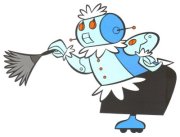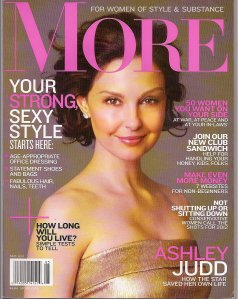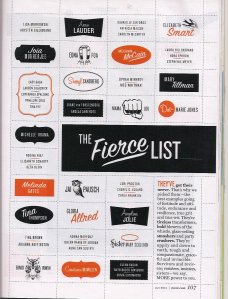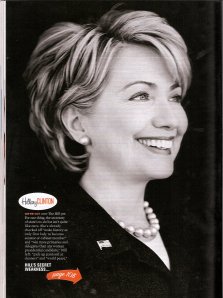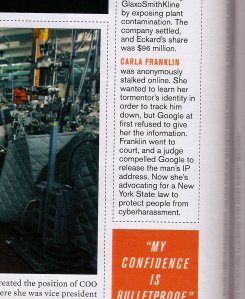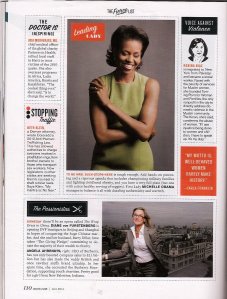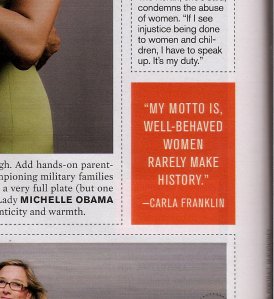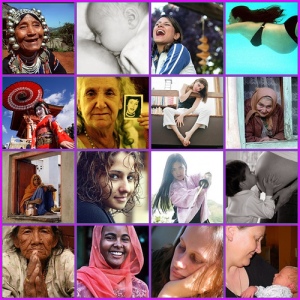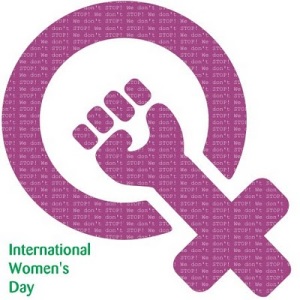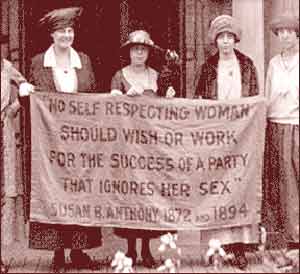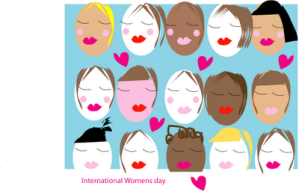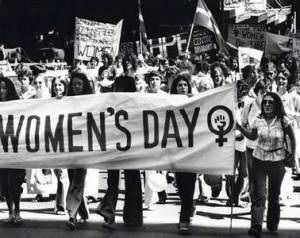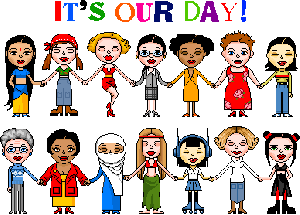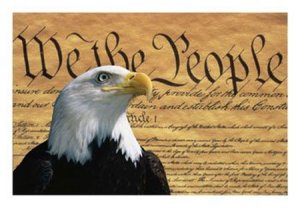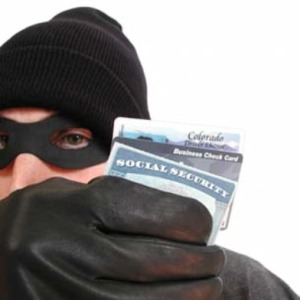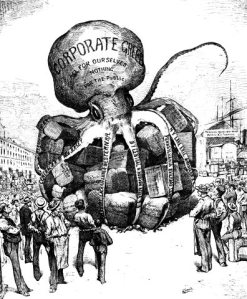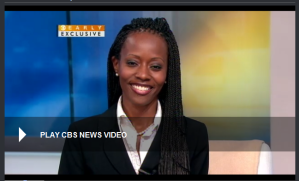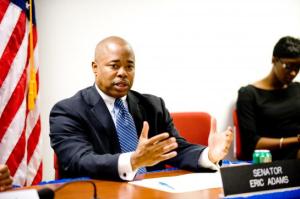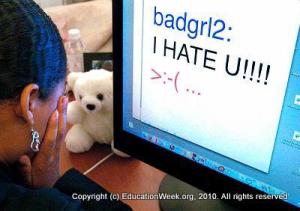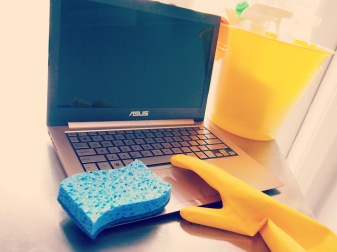 There is a belief that a cluttered home reflects a cluttered state of mind, and disorganization in one’s life. Removing the junk from your surroundings and organizing your things can have a profound effect on your state of being. Some see this belief as part of the “Law of Attraction”, others base it on principles of Feng Shui. Either way, I believe these principles hold true for both the real and digital world. Spring cleaning is an annual practice through which we can not only de-clutter and reorganize our homes, but also clear the junk out of our social media life in order to bring more positive energy into our existence.
There is a belief that a cluttered home reflects a cluttered state of mind, and disorganization in one’s life. Removing the junk from your surroundings and organizing your things can have a profound effect on your state of being. Some see this belief as part of the “Law of Attraction”, others base it on principles of Feng Shui. Either way, I believe these principles hold true for both the real and digital world. Spring cleaning is an annual practice through which we can not only de-clutter and reorganize our homes, but also clear the junk out of our social media life in order to bring more positive energy into our existence.
A recent study by the Pew Research Center found that 67% of online adults in the United States use social networking sites. Moreover, 25% of the total time that Americans spend surfing the internet is focused in social networking and blogs, according to Neilsen. For adults aged 18 – 65+ who are actively go online, 67% are on Facebook, 20% have Twitter accounts, and 16% use LinkedIn. Living life online as an adult includes managing social networks, collecting friends and contacts, uploading photos, videos, and resumes, and actively updating status. As in the real world, a person’s social media life is prone disorganization and messiness if not periodically, and properly, maintained. I recommend an annual Spring Cleaning ritual to ensure that your social media life remains tidy and efficient, in order to reduce stress and bring more Zen into your life. As with spring cleaning for the home, I believe there are five principles that apply when cleaning the clutter from your social media life.
- Update your look: Stop posting that picture of you taken 15 years ago on LinkedIn or Facebook. Either the recruiter won’t recognize you when you go for that job interview, or the girl that you’ve been flirting with on Facebook will run from you thinking that you’re a stranger, if you attempt to meet her in person (this actually happened to a friend of mine, LOL). Invest money in getting new headshots to post to your online profiles. Also, take time to review and update your resume on your professional profiles to make sure that it reflects all of your recent accomplishments. You should actively update your professional profiles with changes in education or job status, because its easy to forget. Recruiters may be overlooking you for some great job opportunities because your job information is out of date.
- Get rid of things that you’ve out grown, and no longer fit: Culling my friends and contact lists is an essential house keeping activity that I perform at least once a year. Overtime you randomly add people that you barely know or with whom you no longer communicate to your social media profiles. Many of these people should no longer have access to your personal status, contact lists and/or photos. Just like that old pair of jeans from high school or college, in life, we often out grow friendships. Delete these people from your contact lists. Stop hoarding and collecting friends (who aren’t really your friends) in your social media life. You don’t really really have 1000+ friends (or even 500+). Its nothing personal, you’re just reducing the clutter.
- Sort and organize your Professional vs. nonprofessional items: Sort activities and people in your digital life according to their professional status in your life. Remember to maintain a professional boundary with co-workers and colleagues. Some people belong on your Google+, Twitter or Facebook friends list, others you may want to limit to LinkedIn. Not everyone who is an active participant in your life should have access to every thought, opinion or swimsuit photo that you have.
- Get extra storage for your all of your stuff: Invest in a Dropbox, Google Storage, Flickr or SnapFish account. Its worth it the money and set-up time. It offers a great way to backup files and data, in case your personal computer is stolen or the hard drive fails. It also provides a more secure and private method, compared to Facebook and Google+ for storing photos and videos.
- Make sure your that your belongings are protected: In the digital world, protecting your belongings means insuring that your privacy setting are turned on and up-to-date. Avoid over-sharing. Limit your status, family photos and personal thoughts to only those with whom you trust enough to share these details. Remove old pictures and/or change their visibility to people on your “Contacts List” who don’t need to see them.

